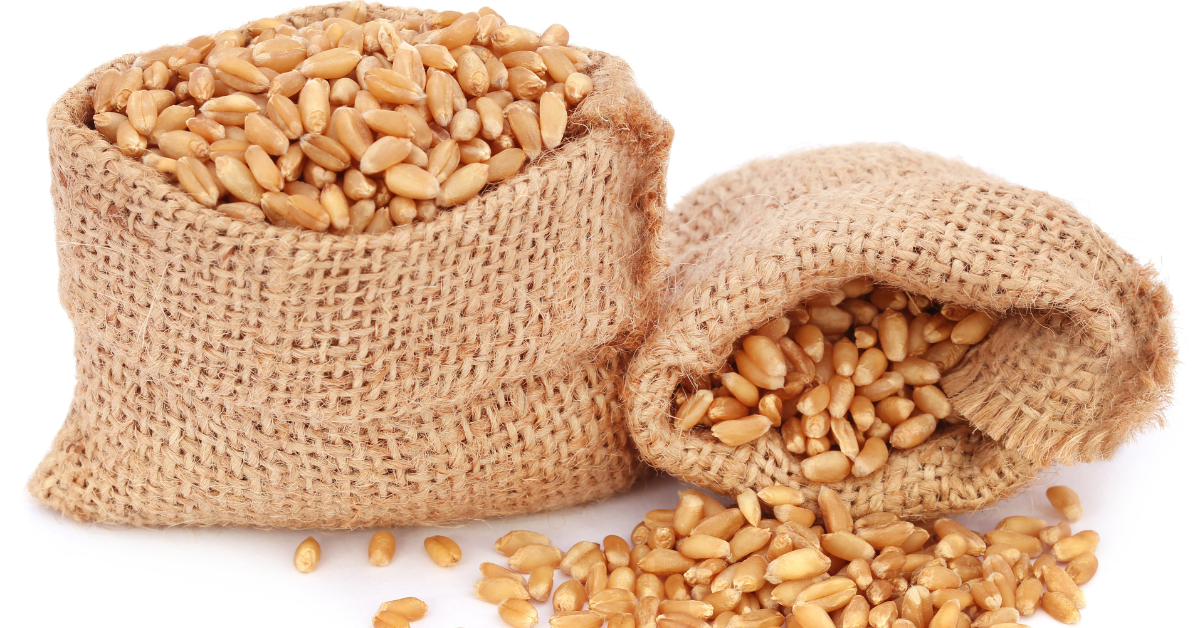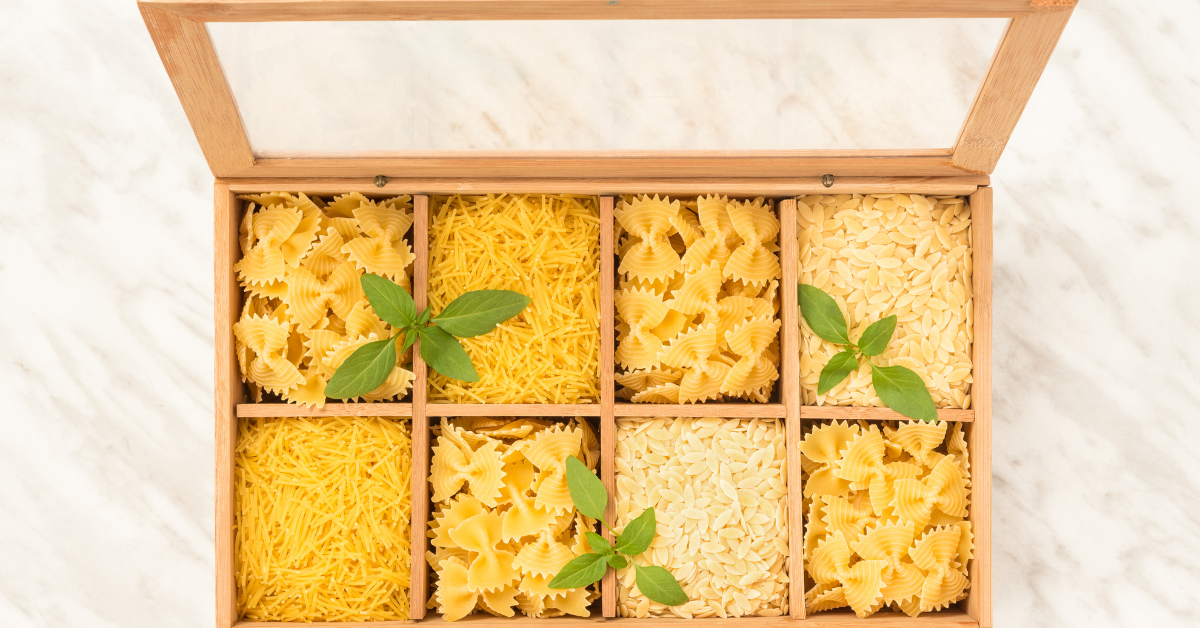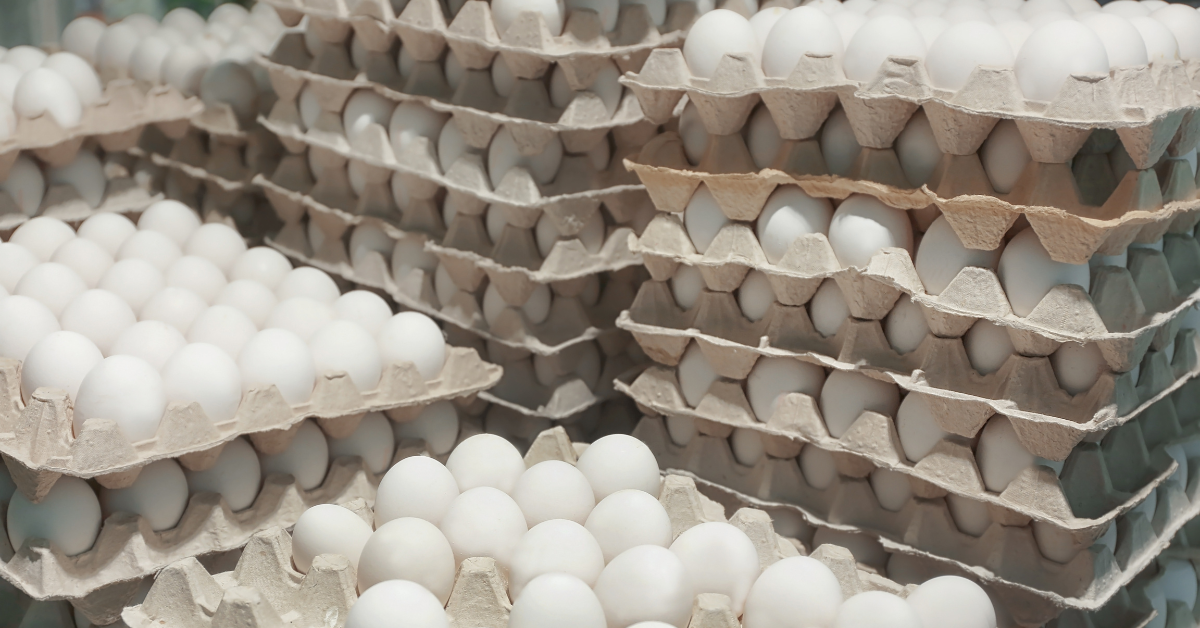For most of us, our beloved hobbies are simply ways to have fun and fill our free time. They help us connect with family and friends, as well as maintain a healthy balance between work and play.
But in reality, hobbies are so much more than that.
Productive hobbies don’t just fill up the free time left in the day after work; they teach us new skills and have scientifically and statistically significant positive impacts on our physical, social, and psychological health.
Keep reading to learn about the complex benefits healthy habits can have on your health, and for inspiration about the next hobby that could improve your life.
Productive Hobbies Teach New Skills
Let’s be honest, none of us likes feeling inadequate at something. That is why one of the intimidating parts of starting a new hobby is the steep learning curve and the feelings of inadequacy.
However, the new skills you can learn by practicing a new hobby are where a lot of the benefit comes from—especially if the hobby teaches you knew transferable skills that help you and your family become more self-reliant.
From this perspective, you realize that learning to fish and tie your flies or bake campfire bread is not just about having an activity on Sunday afternoons. It’s also about having the knowledge and skills to feed your family.
But that’s not all. Hobbies don’t only teach us new skills; they’re also great for our mental health.
Healthy Hobbies and Skills Help Improve Physical and Mental Health
Useful hobbies are not just functional time fillers. Modern science has shown that having routine hobbies can help improve your physical, social, and mental health.
From this perspective, you realize that productive hobbies are the complete package.
- Hobbies help us maintain a healthy balance between work and play.
- Hobbies teach us new skills that make us proud and independent.
- Hobbies directly benefit our mind, body, and soul.
|
Benefits Related to Physical Health |
Benefits Related to Social Health |
Benefits Related to Mental Health |
|
Reduce blood pressure |
Connection with community |
Reduces stress |
|
Reduce heart rate |
Family time |
Mood regulation |
|
Increase physical exercise |
Build connection to other hobbyists |
Strengthen cognitive function |
Outdoor Recreational Hobbies Can Improve the Psychological Effects of Post-Traumatic Stress Disorder
In our opinion, one of the most profound benefits that can come from performing a hobby is helping to improve the psychological effects of Post-Traumatic Stress Disorder (PTSD).
Studies have shown thatoutdoor recreational hobbies, such as surfing and fishing, can be beneficial for individuals who struggle with PTSD. In particular,one study has shown that outdoor activities including peer interaction is even more beneficial than surfing or fishing alone.
10 New Healthy Hobbies You Can Start Today
There are thousands of hobbies you could start. Unfortunately, there is simply not enough time in the day for all the hobbies that interest you.
Nonetheless, we’ve put together a list of 10 new healthy hobbies to help you brainstorm what productive hobby you might take up next.
Blacksmithing

Yes, you read that correctly—blacksmithing.Learning how to blacksmith is a popular hobby amongst individuals who like working with their hands and enjoy having a creative outlet to fabricate all the functional designs they have tumbling around their heads.
Blacksmithing is the art form of forging raw materials, like iron and steel, into new objects. These objects can be decorative art pieces or functional tools and implements.
To this day, blacksmithing is still a viable career. However, it is also a popular hobby, especially amongst preppers. Some preppers enjoy blacksmithing because the hobby helps keep them self-reliant. For example, they can use their blacksmithing skills to fix something or create a new one if something breaks.
Whittling

Chances are we’ve all whittled something in our lives, especially as kids. It’s super common for children to manufacture bows and arrows, s’more roasting sticks, or swords with a stick from the backyard and the pocketknife grandpa gifted them.
For most of us, whittling fell by the wayside. Little did we know that if we had kept up with it, we could have developed a healthy hobby.
Learning how to whittle and carve wood is another popular hobby amongst homesteaders and preppers who prioritize self-reliance. You can fabricate super useful tools and implements without spending money or relying on big box stores, such as:
- Cups
- Bowls
- Spoons and forks
- Large kitchen utensils
- Decorative sculptures
- Wooden jewelry
DIY Fishing Lures

For most of us, fishing is one of those hobbies where you rely heavily on store-bought equipment, like rods, reels, baits, and lures. However, if you talk with any seasoned fisherman, you’ll probably learn that they make their own baits and fishing lures.
Fishermen enjoylearning to make their own fishing lures because they save money and have more control over the specific type of lure they know they need to target the fish they want to catch adequately.
Plus, making DIY fishing lures is a highly artistic process that helps fishermen relax and reduce stress. Intricate hobbies, like making DIY lures, also help fishermen improve their fine motor skills, eyesight, and attention span—not to mention they can catch their own food and feed their families!
Baking Survival Bread

Baking can be a systematic hobby. Therefore, for some of us, baking bread and other pastries can be like black magic; getting the bread to come out fluffy, flakey, and not burnt to a crisp is nearly impossible.
However, baking bread does not have to be that complicated. In fact, you can bake delicious bread recipes with fewer than five ingredients and no oven at all.
Survival bread, orcampfire bread, is inspired by simple ingredients and straightforward recipes that you can carry out with limited resources and a campfire.
Gardening
Gardening is a great idea. But let’s be honest, gardening is a lot of work. However, we wholeheartedly agree that a gardening hobby is worth the extra time and energy you invest in your yard.
Gardening’s most obvious benefit is the fresh food you can grow. However, you might not have considered other benefits of gardening.
- Gardening exposes you to sunshine and boosts your serotonin and Vitamin D levels.
- Working outside in the garden is a perfectly viable way to move your body and exercise without going to an intimidating gym.
- Taking care of a garden and landscaping around your home can boost your home’s resale value.
- Growing your own food makes you less reliant on grocery stores and, therefore, less susceptible to running out of food during food shortages.
[product_render product-handle="entree-bucket"]
If you are wondering what to grow, check out oursurvival seeds. With our non-GMO heirloom seed kits, you can access various fruits and vegetables you can grow in your garden.
Reading a New Book

Your brain is a muscle that needs to be exercised, just like your body. Fortunately, exercising your brain is as simple as reading a book.
For young people,researchers have found that reading at home can boost a child’s vocabulary, raise self-esteem, build solid communication skills, and strengthen the brain. Reading from a young age also creates positive associations with reading that can last a lifetime.
For older folks, studies have shown that a consistent reading hobby can helpprevent age-related cognitive decline, reduce stress, alleviate depressive symptoms, andprepare your body for a good night’s rest.
That is why a book should be packed into everybug-out bag, just in case.
Practicing Meditation
Most of us are intimidated by the idea of meditating. Getting ourselves to sit still and attempt to think about “nothing” sounds like a daunting endeavor. We’d probably rather keep busy.
However, more and more science is saying thatmeditation is extremely healthy for us.
-
Practicing meditation can have physical benefits for your body, such as decreasing your heart rate, blood pressure, andcortisol levels (the hormone responsible for all the stress you feel).
-
Meditation can also improve your memory, both long- and short-term, and improve your attention span.
- Meditating can promote beneficial changes in the regions of your brain responsible for regulating your emotions.
Yoga Stretching
Yoga is a productive hobby that can positively affect your body.Scientists have found that a consistent yoga hobby can enhance your parasympathetic nervous system and improve your stress hormones.
Because of these positive benefits, scientists argue that yoga stretching can increase life expectancy. The benefits of yoga are particularly beneficial for individuals who lead relatively inactive lifestyles due to injury, chronic pain, or old age.
Outdoor Activities
Most of us understand the importance of getting outside and enjoying some fresh air, especially after a long work day in the office or after a string of relatively sedentary days. We understand from an anecdotal perspective that it feels good to be outside in the sunshine, moving around.
Fortunately, now we have a better idea of why our bodies and minds feel better after spending time in the fresh air and sun.
Scientists are currently actively researching the relationship between sunshine and serotonin.Serotonin, also known as the happy chemical, is a vital hormone in modulating our mood.
With more serotonin, we tend to feel generally more optimistic. With less serotonin in the brain, we tend to experience more depression. The relationship between serotonin and depression is clear; however, whether less serotonin causes depression or whether depression causes our serotonin levels to drop is still being investigated.
Nevertheless,scientists are closely studying how sunshine can enhance the serotonergic response of the human skin to create more serotonin and make us feel happier while we are outside.
Painting a Piece of Artwork

If you are like us, you probably haven't painted anything in decades. The last time was perhaps in art class during high school.
But what if we told you that productive hobbies like painting had been linked to benefits for your body and mind?
Scientists have found that painting, whether as a hobby or as a form of therapy, can increase self-esteem, relieve stress, and improve your attention span. The positive effects of painting can be so powerful that painting has been used as a form of “medicine” to treat ailments like depression, Alzheimer's disease, and dementia in adults, and behavioral and learning disabilities in children.
Helpful Tips For Starting Your New Healthy Hobby
It can be tricky to get motivated to start a new hobby. Here are some useful tips that might benefit you.
-
Take a class or hire a professional – A structured course can pique your interest and give you a foundation for continuing.
-
Schedule your free time – Think in weeks, not days.
-
Don’t let screens become your new hobby –Relaxing with too much screen time can have negative impacts on your health, like loss of sleep.
-
Connect with a friend – Sstarting a new hobby with a friend or family member can be less intimidating.
-
Be realistic –Your new hobby should have goals you know you can attain.
-
Visualize the end result – Staying focused on the end result, like a pantry full of canned vegetables after your harvest, can keep you motivated to continue gardening.
-
Look for a radically different hobby – You may surprise yourself.
-
Evaluate your progress –Remember where you started and how far you’ve come.
-
Make lists and follow them – If you are having a hard time staying motivated, the simple act of crossing off completed tasks can push you forward.
-
Join clubs or organizations – Chances are, there is a community of people already doing your new hobby. They can help!
Final Thoughts on Productive and Useful Hobbies

Productive hobbies are not just a way to fill your free time. Healthy hobbies can also serve as therapeutic activities that have a variety of benefits for your body and mind.
-
Productive hobbies can teach new skills, like fabricating tools and growing food.
-
Hobbies can also enhance your physical health by decreasing your blood pressure and heart rate.
- Healthy hobbies can improve your mental health by regulating your mood and reducing stress.
So the next time you feel intimidated to try something new, remember that if you start a new hobby, you could benefit in more ways than one.
For more helpful articles like this one, visit ourPractical Prepper Blog.



